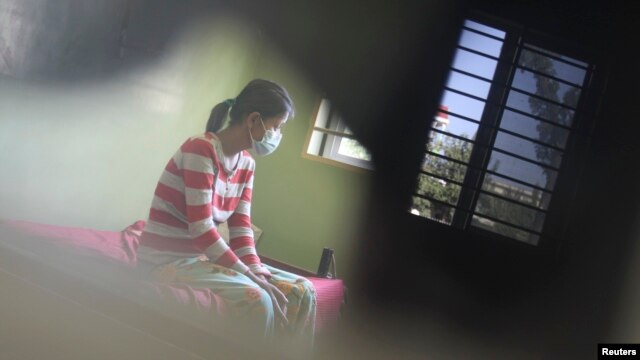- Sep 14, 2011
- 63,931
- 9,965
- 2,040
http://www.nytimes.com/2014/03/06/h...ises-hope-for-a-way-to-rid-babies-of-hiv.html
The drug companies are rubbing their grubby hands together but even so, this is wonderful news.
BOSTON When scientists made the stunning announcement last year that a baby born with H.I.V. had apparently been cured through aggressive drug treatment just 30 hours after birth, there was immediate skepticism that the child had been infected in the first place.
But on Wednesday, the existence of a second such baby was revealed at an AIDS conference here, leaving little doubt that the treatment works. A leading researcher said there might be five more such cases in Canada and three in South Africa.
And a clinical trial in which up to 60 babies who are born infected will be put on drugs within 48 hours is set to begin soon, another researcher added.
If that trial works and it will take several years of following the babies to determine whether it has the protocol for treating all 250,000 babies born infected each year worldwide will no doubt be rewritten.
This could lead to major changes, for two reasons, said Dr. Anthony S. Fauci, executive director of the National Institute for Allergy and Infectious Diseases. Both for the welfare of the child, and because it is a huge proof of concept that you can cure someone if you can treat them early enough.
The announcement was the third piece of hopeful news in two days about the virus that causes AIDS.
On Tuesday, scientists reported that injections of long-lasting AIDS drugs fended off infection in monkeys, and on Wednesday, researchers announced a gene editing advance that might enable immune cells to repel the virus.
The first infant to make an apparent recovery from H.I.V. infection, now famous as the Mississippi baby, was described last March at the Conference on Retroviruses and Opportunistic Infections, the same annual meeting where the new case was reported on Wednesday.
The Mississippi child, now more than 3 years old, is still virus-free, said Dr. Deborah Persaud, a virologist who has run ultrasensitive tests on both children in her lab at the Johns Hopkins Childrens Center in Baltimore.
The second baby, a girl born at Miller Childrens Hospital in Long Beach, Calif., is now 9 months old and apparently free of the virus that causes AIDS.
Her mother, who has advanced AIDS and is mentally ill, arrived in labor; she had been prescribed drugs to protect her baby but had not taken them.
Four hours after the birth, a pediatrician, Dr. Audra Deveikis, drew blood for an H.I.V. test and immediately started the baby on three drugs AZT, 3TC and nevirapine at the high doses usually used for treatment of the virus.
The drug companies are rubbing their grubby hands together but even so, this is wonderful news.




